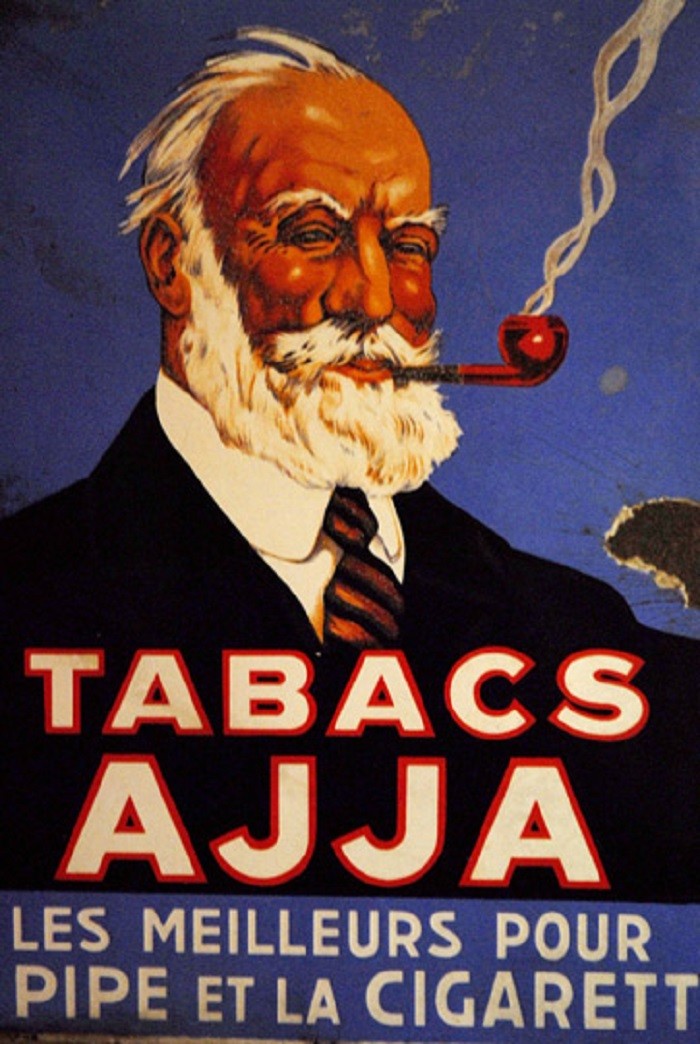
When issues arise like those of ideological fascists in metal, whether of the SJW or far-right types, the inevitable division between art and propaganda arises. Having written about this for over two decades, I make the following distinction: art has artistic purpose, which is to reveal; propaganda has dogmatic purpose, which is to condition and manipulate the mind through projecting a sense of self-congratulatory correctness onto the perceiver.
Luckily, others have written about this topic, and well. From Canadian author Robertson Davies writing at First Things comes this cogent analysis:
When I was a boy, I was a voracious reader. My home had plenty of moral literature on its shelves, and I was urged to read it for my betterment. There was lots of other literature, as well, but I was not forbidden, only discouraged, from reading it as it was said to be “beyond me,” which I quickly discovered meant that it dealt with life pretty much as life was, and not as the determinedly moral writers wanted me to think.
…I could not stomach Little Lord Fauntleroy, who presented me with a political puzzle especially hard for a Canadian: What was that boy, and what did he do? He was an American, but by chance he inherited a title and went to England and became a Lord, and thereafter was remorselessly democratic toward anyone who kept it firmly in mind that he was a Lord, and behaved accordingly. The Little Lord existed to hammer home two things that were presented as mighty truths: We must be democratic and we must recognize the moral superiority that goes with poverty. It was easy, I thought, to be a democrat if everybody toadied to you, and I wished that the Little Lord could spend a few days at the school I went to, where to be known as a tireless reader (for I could not conceal it) was to be an outcast. Many of my persecutors enjoyed the blessing of poverty, but it did not seem to improve their characters. They were savage, jealous, and without bowels of compassion.
My sanity was saved by the books I read on the sly. Dickens, where evil people were plentiful and often rich, successful, and attractive. Thackeray, where snobbery seemed to be the mainspring of much of the action. Thomas Hardy, where life was complicated by opposed moralities and the uncontrollable workings of Destiny, and where God was decidedly not a loving Father. I did not know it at the time, but of course these were the works of literary artists who observed life with keen eyes and wrote about what they saw, as their widely varying temperaments enabled them to see. When I myself became a writer, it was these whom I chose to follow, as best I could, and not the aggressive moralists.
SJW is a form of aggressive moralism. Nazism, which is an attempt to mold far-right values to a Leftist-style ideological structure, makes that same error (which became fatal for it). Similarly Communism and Socialism are moral appeals, meaning that they base themselves not on practical reasoning — “this works” — but on what should be, based on the feelings of individuals united into large angry groups dedicated to tearing down all people above them. Similarly, Christianity in metal attempts to be a dogmatic ideology, and so we get ludicrous songs about fighting for the Lord which like the propaganda above, present the world in black/white distinctions: one side all is goodness and purity, and the other is bad, stupid, rich and horrible.
When approaching these types in metal it is essential to see this distinction. The victimhood music of indie-rock bands for example presents us perfect, innocent, suffering victims of the type that appeared in moralist Christian literature, opposed by equally dark, evil and cruel forces of large corporations and right-wing tyrants. These overly-simplified moral models exist to make people want to be the good, and to polarize against the bad, without digging into any of the complexity of life that a realistic perspective provides. They are baby food for the brain, as manipulative as television commercials, and as deceptive as the seductions of a whore.
Art will always be better than propaganda, but people like propaganda because it makes them feel good about themselves. When you are presented with absolutes like good and evil, and those are put into simple terms of intent rather than achievement of goals, it makes every idiot shuffling in off the street into a hero just by wanting to be like the good guy in the propaganda. This is why propaganda is easily recognizable through its extreme polarization between the bad enemy scapegoat and the good virtuous long-suffering victim who is secretly a hero, just like the average person with a half-failed life wants himself to be, but will never take steps to be alone and can only do so in a large angry mob.
The assault on metal has taken many forms. During its early days, it was rock bands pretending to be metal to try to capture the authentic feel and thus the bourgeois rebel audience. Later the Christians came in, feeling that a message of evil needed to be replaced with a good one. The white power types have tried for years, often with sympathy from legitimate metal bands, but have never taken ground because metal emphasizes realism over politics. Now the SJWs — who are more similar to Communists than Nazis, but use the same methods — are trying to exact same approach. It helps to see this, recognize it as the attempted mind control that it is, and show it the door.
8 CommentsTags: art, christians, communists, gamergate, Heavy Metal, metalgate, mobism, neo-nazis, propaganda, sjws, socialists



